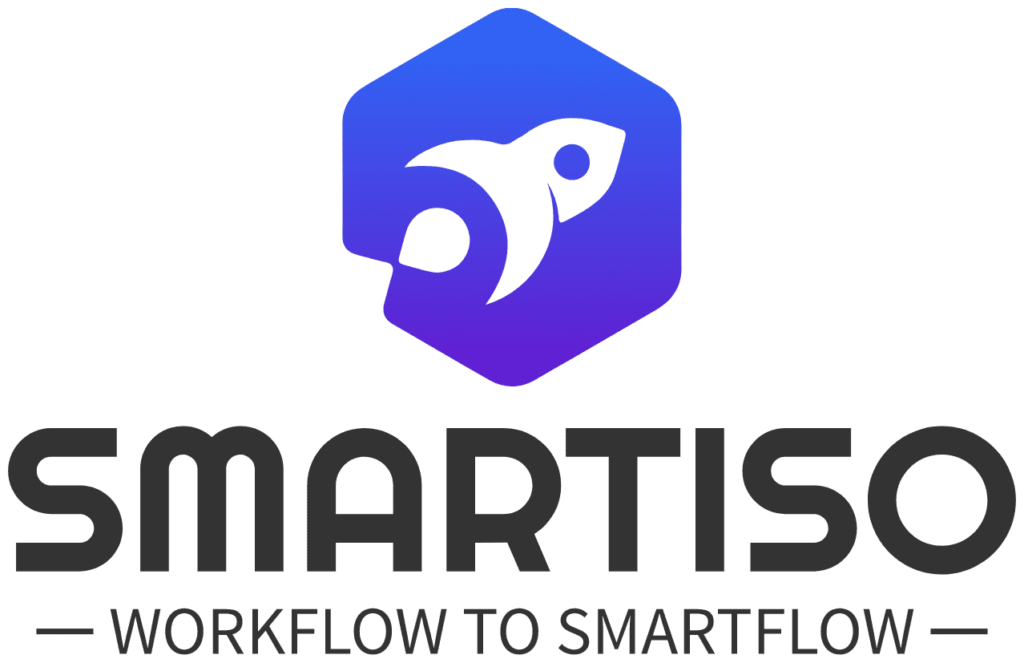Key ISO 9001:2015 Challenges and How AI Transforms Quality Management

Successfully implementing ISO 9001:2015 standards is a critical step for organizations striving for excellence in quality management. However, the journey to compliance can be fraught with challenges. With the advent of Artificial Intelligence (AI), businesses now have powerful tools to simplify and optimize this process. This article explores the main hurdles of ISO 9001:2015 implementation and demonstrates how AI-driven solutions can revolutionize quality management systems (QMS).
Key Challenges in ISO 9001:2015 Implementation
1. Understanding Complex Requirements
Grasping the comprehensive requirements of ISO 9001:2015 can be daunting. Misinterpretations or incomplete understanding often lead to flawed implementations, jeopardizing compliance efforts.
2. Resource Allocation
ISO 9001:2015 demands significant investments in time, personnel, and finances. For smaller businesses, these requirements may pose a significant barrier to entry and sustainability.
3. Employee Engagement and Resistance
Gaining the commitment of employees across all levels is crucial but challenging. Resistance to change or lack of understanding about ISO’s importance can slow progress.
4. Managing Documentation and Records
Compliance with ISO standards relies heavily on meticulous documentation and record-keeping, a process that is often time-consuming and prone to errors when handled manually.
5. Sustaining Continuous Improvement
ISO 9001:2015 places strong emphasis on ongoing improvement. Without a structured, data-driven approach, maintaining this momentum over time becomes difficult.
6. Integrating Standards into Existing Processes
Aligning ISO requirements with pre-established workflows can be a complex task, particularly for organizations with deeply entrenched operational practices.
How AI Addresses ISO 9001:2015 Challenges
1. Simplified Understanding of Standards
AI-powered solutions can decode the intricacies of ISO 9001:2015, offering tailored guidance and step-by-step implementation frameworks. This ensures a clear and actionable path for businesses to follow.
2. Optimized Resource Utilization
AI algorithms can analyze organizational needs and resource availability to propose the most efficient allocation strategies, minimizing waste and maximizing effectiveness.
3. Enhanced Employee Engagement
AI-driven platforms facilitate training and communication through interactive tools, ensuring that employees at all levels are aligned and engaged in the quality management journey.
4. Automation of Documentation
By automating documentation processes, AI minimizes errors and significantly reduces the time required to maintain compliance records. This ensures consistent and reliable documentation for audits and reviews.
5. Data-Driven Continuous Improvement
AI tools can monitor performance metrics in real-time, identifying patterns and insights that highlight opportunities for improvement. This data-driven approach enables organizations to make informed decisions and sustain growth.
6. Seamless Process Integration
AI can assess existing workflows and recommend adjustments to harmonize ISO 9001:2015 requirements with current operations, streamlining the transition and reducing disruptions.
Transform Challenges Into Opportunities with SMARTISO QMS
Implementing ISO 9001:2015 doesn’t have to be overwhelming. SMARTISO’s AI-driven QMS solution is designed to tackle these challenges head-on, empowering businesses with:
- Tailored implementation guidance.
- Automated workflows for streamlined documentation.
- Real-time data analytics for continuous improvement.
- Engaging tools to boost employee participation.
Leverage the power of AI to transform your quality management journey.
Discover how SMARTISO can simplify your ISO 9001:2015 compliance today!


